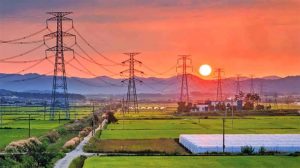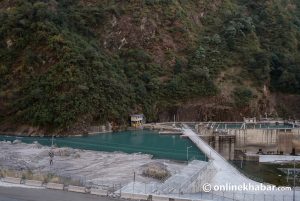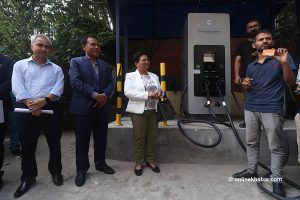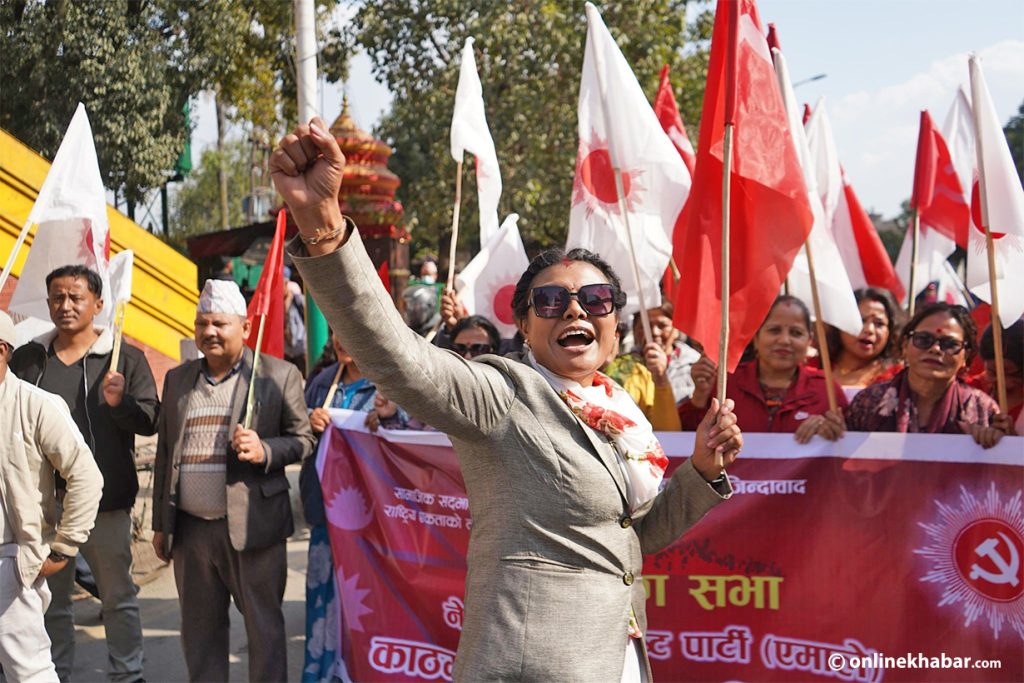
From the next fiscal year 2023/24, the government is going to give priority to shift to electricity from petroleum. Since some of the policies taken earlier could not increase electricity consumption sufficiently, it is planning for a new and refined policy.
The government plans to expand the use of electronic devices through the budget plan for the next fiscal year, which will be announced on May 29. It is also preparing to introduce concessional policies to increase the use of electric vehicles and household electrical appliances. Officials claim that the new budget will be used as an opportunity to make a shift to electricity from petroleum.
Yet, stakeholders suspect that the government will deliver on its promises.
Countering trade deficit

According to the Ministry of Finance, a shift to electricity can be a reliable option to reduce the trade deficit. Hence, the budget policies are being made according to the requirement of the current time. Finance Secretary Arjun Kumar Pokhrel says that the new budget is being planned, prioritising the policy that facilitates electricity consumption.
“To reduce the trade deficit through the use of electricity, the government facilitates policies through the budget,” Secretary Pokhrel says, “For that, the budget is being prepared by taking the national action plan as a guideline for reducing the trade deficit.”
The government’s action plan for reducing the trade deficit, which will be centrally monitored and facilitated by the Office of the Prime Minister and Council of Ministers, will be implemented by all government agencies within a certain period. Also, it plans to provide concessions and facilitation in the import of electrical equipment for the shift to electricity.
Financing on electric vehicles

To minimise the trade deficit, the government plans to restrict the import of automobiles that run on petroleum, as suggested by the National Action Plan on Trade Deficit Reduction, 2022.
The government has stated that it will implement a programme to reduce the import of combustion vehicles and encourage the use of electric vehicles. A plan has been developed to execute such a strategy within six months.
The Ministry of Finance will address the policy through the budget and the national banks will facilitate its implementation. “In order to discourage the import of private vehicles that run on petroleum, the national banks will adopt a policy so that the review of vehicle loans given to such vehicles will be implemented within six months,” the action plan states, “As an alternative, the banking facility provided for the purchase of electric vehicles will be made simple and convenient.”
The Ministry of Industry claims that the shift to electricity in the transportation sector will contribute to the national economy by saving money spent on fuel imports. The ministry’s assistant spokesperson Urmila KC says that recommended action plan for implementation will be addressed through the budget.
The government has formulated a policy to make the use of electricity widespread and to reduce the consumption of petroleum in large passenger vehicles in urban areas within six months, and to provide convenient electrical services in industries, trade, services, and industrial corridors.
According to the Ministry of Industry, charging stations will be built in cities to facilitate the shift to electricity. Likewise, agricultural equipment based on diesel and petrol will be converted to electric ones. The government also plans to encourage brick kilns and cement factories to use electric energy.
According to the trade deficit reduction action plan, it is mentioned that the electricity tariff will be reduced within one year. Similarly, the government is also preparing to reduce the customs duty on the import of basic electricity-consuming equipment to be implemented within six months.
According to the government data, Nepal has imported petroleum worth only Rs 261 billion until mid-March of the current fiscal year while the total international trade is Rs 1.2 trillion. To reduce such imports, there is a government plan to shift to electricity.
Pressure increased by power generation

The Nepal Electricity Authority has projected that Nepal will become self-sufficient in electricity within the next two years, stressing a shift to electricity in terms of energy consumption is a must. According to the projection, Nepal will not have to import electricity from India in winter in the financial year 2025/26.
NEA Managing Director Kul Man Ghising says Nepal may have to export about 14 billion units of electricity in that year. According to him, in the next fiscal year 2025/26, Nepal’s electricity consumption is estimated to reach 2,482 megawatts during the peak time. By that time, the installed capacity will be almost double that of the present, which is 4,843 MW. According to this, Ghising says that electricity equivalent to 2,361 megawatts may have to be exported at that time.
So far, the authority has signed power purchase agreements (PPAS) for 377 projects with a capacity of 7,230 MW. In addition, projects with a target of 10,756 MW have been proposed for the PPA.
According to the authority, the total installed capacity of electricity in the country has reached 2,700 megawatts. Currently, during the rainy season, 1,511 megawatts of electricity can be generated from projects in the private sector, 661 megawatts from electricity authority projects, and 478 megawatts from the authority’s sister companies.
Similarly, currently, private companies are constructing projects with a total capacity of 2,493 megawatts whereas investors are being sought for the additional 2,173 megawatts. Within the authority’s sister companies’ domain, projects with a capacity of 487 megawatts are being built while projects of 86 megawatts are waiting for investments.
Because the power generation capacity grows every year, there is concern that if the country’s energy consumption rate does not rise this year, a considerable amount of electricity will be wasted during the rainy season if an export license is not obtained from India. During the rainy season, run-of-river projects generate power at full capacity. It is certain that electricity equal to the total installed capacity cannot be utilised within the country. That is why the authority officials stress a shift to electricity all the time.
Electricity consumption automatically becomes weak at nighttime in Nepal. In such a situation, if unconsumed electricity cannot be exported, the projects have to be closed and wasted. Even in the previous years, the electricity that could not be exported was wasted. Moreover, if private sector (independent energy-producing companies) projects are closed, the authority must pay compensation. That is why the management of electricity supply projects that have been completed is a matter of headache.
At present, India has allowed the export of only 452 megawatts of electricity from Nepal in the day-ahead market of the Indian Energy Exchange Limited (IEX India). From June 2 to December 19, the authority exported electricity to India and earned Rs 11.16 billion by exporting 357.7 million units of electricity.
Now Ghising says that electricity consumption should be increased within the country as much as possible and for that policy intervention for the shift to electricity should be done.
This story was translated from the original Nepali version and edited for clarity and length.
























